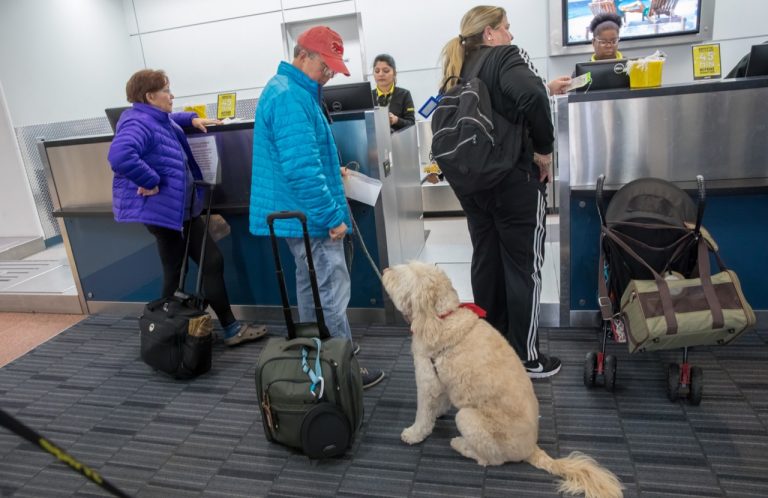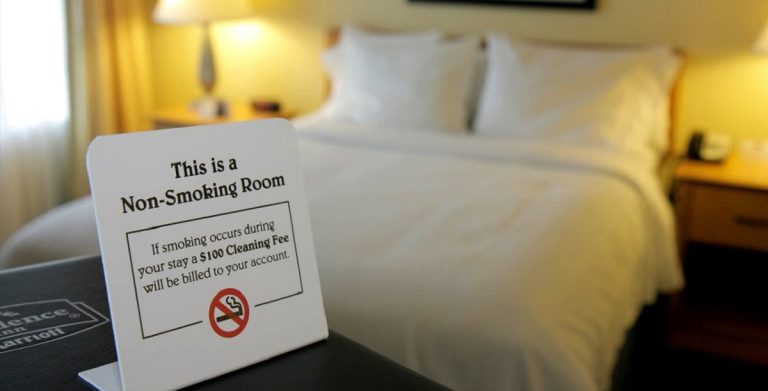Hotel Laws In Florida Regarding Serving Wine Provided By Guests
If you’re planning a stay at a hotel in Florida and have a special bottle of wine in mind, you might be curious about the rules. Can you enjoy that bottle in your room? Can you bring it to the hotel’s restaurant?
Florida’s liquor laws can get a little tricky, especially with recent changes around wine. While hotels can create their own policies, they also have to follow state laws.
This can make it hard to know what’s allowed when it comes to alcohol provided by guests. Whether you’re a wine lover or a hotel manager, understanding the rules will help you navigate this.
Here’s a breakdown of what’s allowed; what’s not, and how it all works in Florida’s hotels.
Florida’s Liquor Laws: What You Need to Know

Florida’s liquor laws have some interesting twists, especially for wine lovers. A recent change is worth noting that Governor Ron DeSantis signed a bill that changes how wine is sold in Florida.
Starting July 1, 2024, you’ll be able to buy wine bottles as large as 15 liters. That’s about the size of 20 regular bottles!
Previously, the law only allowed wine to be sold in bottles no bigger than 3.8 liters, with some exceptions for reusable containers.
This change is great news for wine enthusiasts. You can now find those massive bottles—like the Nebuchadnezzar (which holds 20 standard bottles)—in liquor stores and restaurants across the state.
But Florida’s liquor laws cover more than just wine sizes. For example, did you know the governor can ban alcohol sales before a hurricane hits? It’s true. This is part of Florida’s emergency management plan.
And if you’re transporting an unfinished bottle of wine from a restaurant, there are rules for that too. The bottle must be resealed and stored properly in your car. You can’t just place it on the seat.
It has to go in a locked compartment or behind the last upright seat if there’s no trunk. These rules show how Florida balances alcohol enjoyment with public safety, shaping how hotels deal with guest-provided wine.
Hotel Policies vs. Legal Requirements for Guest-Provided Wine in Florida
When it comes to allowing wine brought by guests, Florida hotels must juggle state laws and their own policies. While Florida law sets the groundwork, hotels have room to create rules that fit their business and clientele.
Hotels, as private businesses, can decide whether to allow outside alcohol. Some may welcome guest-provided wine, while others might restrict it. But whatever they decide, they still need to comply with state and local laws.
One major factor for hotels is liability. Florida’s dram shop laws can hold businesses accountable if they overserve alcohol or serve intoxicated guests. This applies whether the alcohol comes from the hotel or the guest.
Why Some Hotels Are Cautious About Guest-Provided Wine
Due to the risks involved, many hotels take a careful approach to guest-provided wine. They have to find a balance between keeping guests happy and protecting themselves from legal risks.
Some hotels may allow wine in guest rooms but ban it in public areas. Others may permit wine in their restaurants but charge a corkage fee. This fee helps cover service costs and offsets any lost revenue from beverage sales.
The rules can differ greatly depending on the type of hotel. A luxury hotel might cater to wine enthusiasts with more flexible policies, while a budget hotel could have stricter rules to keep things simple.
Serving Guest-Provided Wine: Corkage Fees and Restrictions
For guests wanting to bring wine into a hotel restaurant, corkage fees are common. These fees cover the cost of opening the bottle, serving it, and using the hotel’s glassware. They also help make up for any drinks the hotel could have sold instead.
Corkage fees can range from $10 to $50 or more, depending on the hotel. Some upscale hotels might even waive the fee for rare or high-end bottles to enhance the guest experience.
Not all hotels allow outside alcohol, though. Some may have strict policies that ban it in public areas like restaurants and bars. These rules usually stem from liability concerns and the need to maintain control over alcohol service.
Legal Requirements for Hotels Allowing Guest-Provided Wine
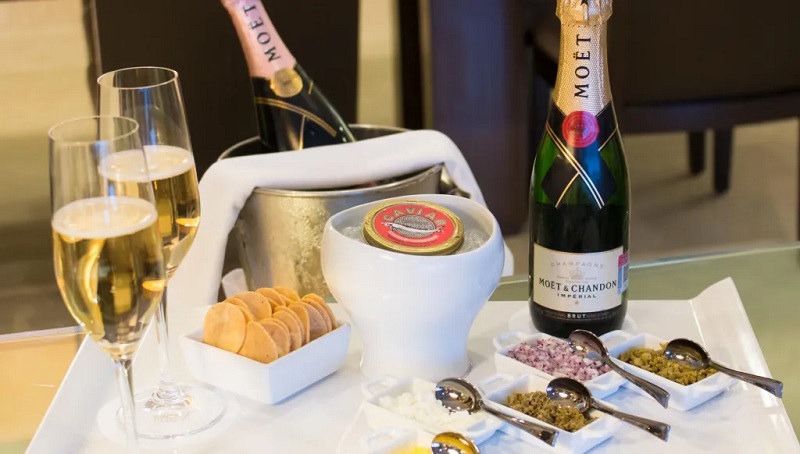
Hotels that allow guest-provided wine still have to follow the law. This includes checking IDs to confirm the guest’s legal drinking age and monitoring how much alcohol is consumed.
Staff need to be trained to handle these situations properly, ensuring they don’t serve intoxicated guests, even if the wine came from the guest.
They also need to follow open container laws, making sure guests don’t take partially consumed bottles into unauthorized areas.
Finding a Middle Ground
Some hotels take a middle-ground approach. They may allow guests to enjoy their wine in their rooms but not in public spaces. This way, guests can enjoy their personal wine collection without putting the hotel at risk.
Ultimately, hotels need clear and consistent policies when it comes to guest-provided wine.
Whether it’s charging a corkage fee, restricting wine to certain areas, or banning it altogether, clear communication with guests is key to avoiding confusion and legal issues.
Enforcement Challenges for Guest-Provided Wine in Florida Hotels
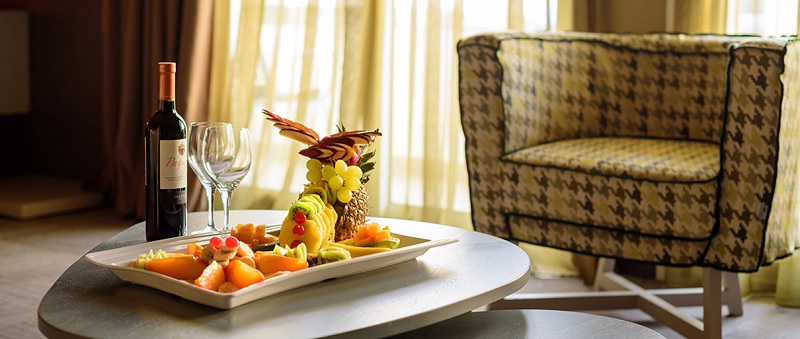
Enforcing policies on guest-provided wine in Florida hotels can be tricky. While rules may be clear on paper, putting them into practice is often a different story.
It’s not always easy to monitor what guests bring into their rooms or consume on the property.
One major challenge is privacy. Hotels offer a home-away-from-home, so checking rooms or luggage for outside alcohol would feel invasive. This could upset guests and hurt the hotel’s reputation.
Additionally, many guests may not even know about the hotel’s policies on outside alcohol. They might bring a bottle of wine to their room without realizing it’s against the rules.
This puts hotel staff in an awkward position, having to confront guests about violations, which can lead to uncomfortable situations.
Even in public spaces like restaurants, enforcing rules about guest-provided wine is challenging.
Staff need to watch for bottles not bought from the hotel, which can be hard in a busy setting. If enforcement is too strict, it can make the hotel seem unwelcoming.
Some situations are even less clear. For example, what happens if a guest drinks their own wine on a balcony or in a hallway, spaces that might not be fully public?
How Hotels Handle These Challenges
To deal with these challenges, hotels focus on clear communication. They often:
- Mention alcohol policies in booking confirmations and at check-in.
- Train staff to handle policy violations calmly and fairly.
- Use signs in key areas to remind guests of the rules.
- Offer alternatives like corkage fees to allow guests to enjoy their own wine in restaurants.
Some hotels take a relaxed approach, only stepping in when guests’ behavior becomes disruptive. They might overlook a quiet bottle of wine in a room but intervene if there’s a noisy party.
The goal for most hotels is to balance enforcing their policies while keeping guests happy. This requires flexibility and good judgment from staff, who need to apply the rules fairly without causing friction.
Guest Strategies and Expectations
Guests who enjoy bringing their own wine have developed strategies to get around hotel rules. Understanding these can help both guests and hotels avoid confusion.
Many guests bring wine for personal enjoyment, whether it’s a special bottle or to avoid expensive restaurant prices. Here are a few ways guests work around hotel policies:
- Being discreet: Some guests bring wine to their rooms quietly, avoiding public spaces. They might use unmarked bags or decant the wine into less noticeable containers.
- Asking for exceptions: Guests might request special permission to bring wine for occasions like birthdays or anniversaries. Hotels sometimes make exceptions for special events.
- Negotiating corkage fees: Guests often call ahead to learn about corkage policies. Some might even negotiate the fee, especially for rare or expensive bottles.
- Using room service: Guests sometimes order glasses or ice buckets from room service to enjoy their wine more comfortably.
- Outdoor spaces: Guests might assume patios or pool areas fall into a gray zone and bring wine there.
How Hotels Can Manage Guest Expectations
To handle these expectations, Florida hotels are proactive. They:
- Share alcohol policies on their websites and in booking confirmations.
- Train staff to explain the rules kindly and offer alternatives.
- Provide information on nearby wine shops or delivery services.
- Offer wine-related experiences, like tastings, to cater to wine enthusiasts without bending the rules.
By clearly communicating their policies, hotels can keep guests happy while sticking to their own guidelines.
Impact on Hotel Business and Guest Relations
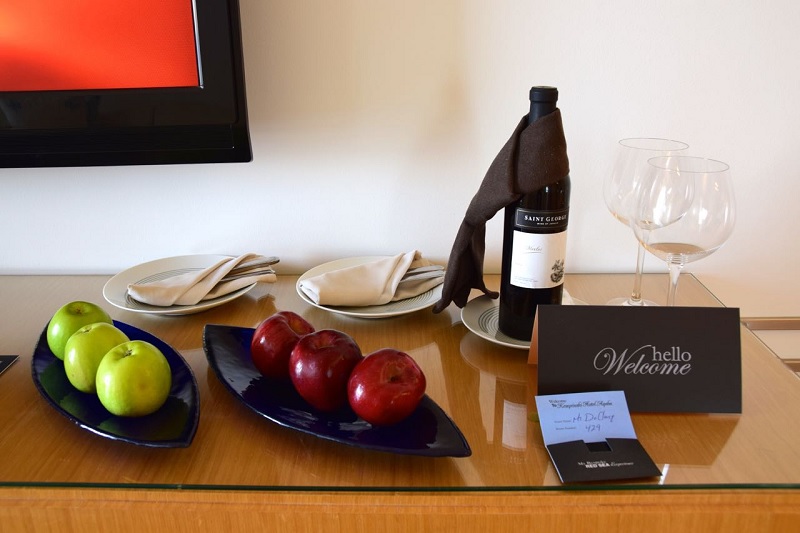
How a hotel handles guest-provided wine can affect both business and guest satisfaction.
For wine lovers, a hotel with flexible policies might be more appealing. Positive reviews, repeat bookings, and word-of-mouth recommendations often follow when guests are happy with a hotel’s wine policies.
On the other hand, overly relaxed policies could lead to legal issues or disruptive behavior, affecting other guests. Hotels need to find the right balance between accommodating wine-loving guests and maintaining control.
Revenue is another factor. Allowing outside wine in restaurants can cut into beverage sales. This is why many hotels charge a corkage fee.
A reasonable fee can attract guests who might otherwise dine elsewhere, potentially increasing food and beverage revenue.
It’s also important to consider the impact on staff. Managing guest-provided wine can make service more complicated. Staff need training on proper wine service and how to handle any issues that arise.
Creative Solutions for Hotels
To strike the right balance, many Florida hotels are finding creative solutions:
- Offering wine-focused experiences to attract wine enthusiasts.
- Creating tiered corkage policies, with different fees for different areas.
- Partnering with local wineries to offer guests special purchase options.
- Allowing case-by-case decisions on guest-provided wine, especially for special occasions.
Final Words
Handling guest-provided wine in Florida hotels requires a careful balance of rules, customer service, and legal compliance. While Florida’s laws allow for some flexibility, hotels must navigate their own policies with care.
Clear communication and a thoughtful approach can keep both guests and hotels happy, ensuring a smooth experience for everyone involved.


